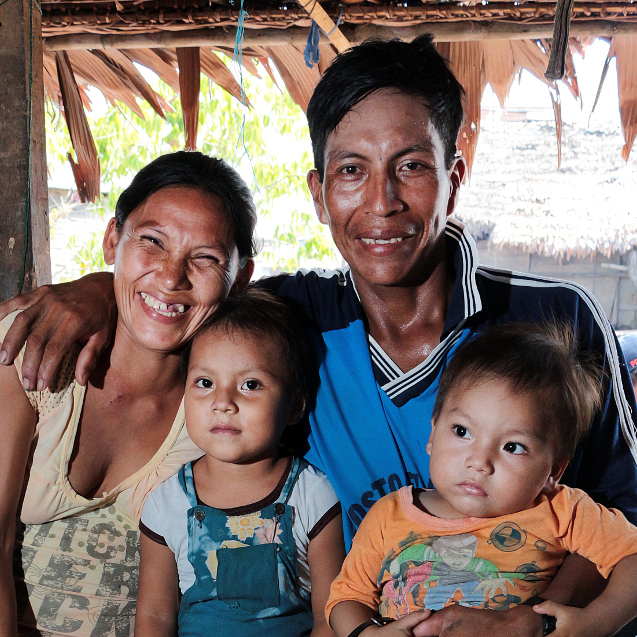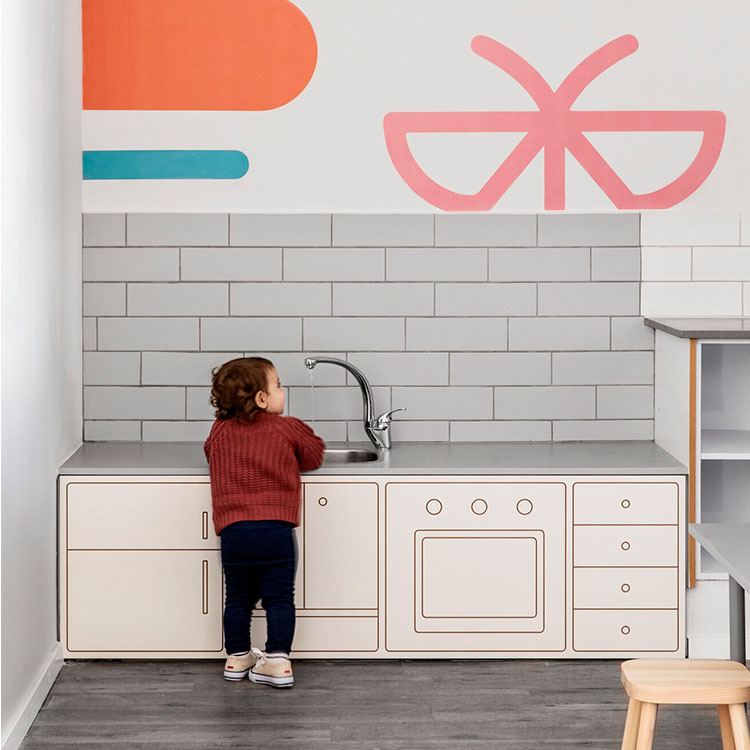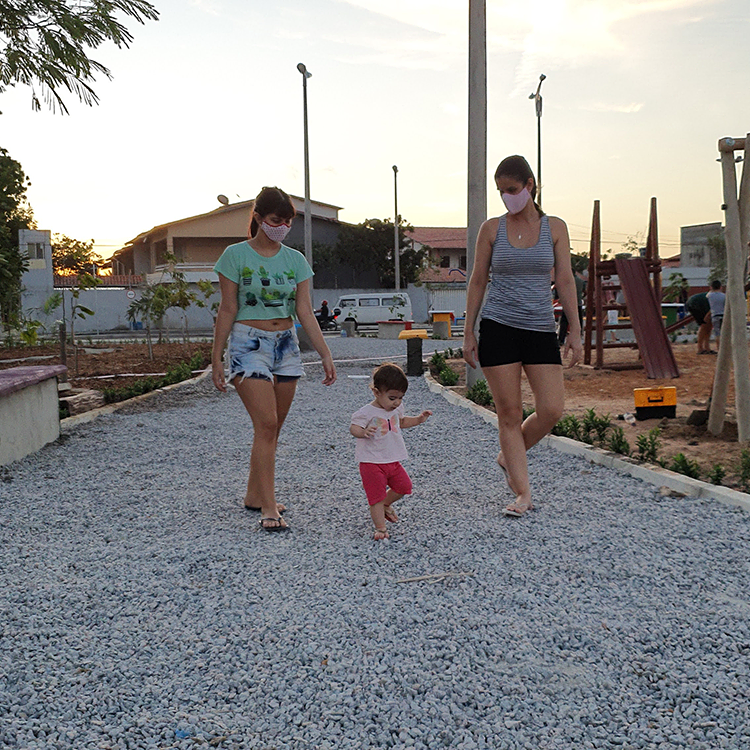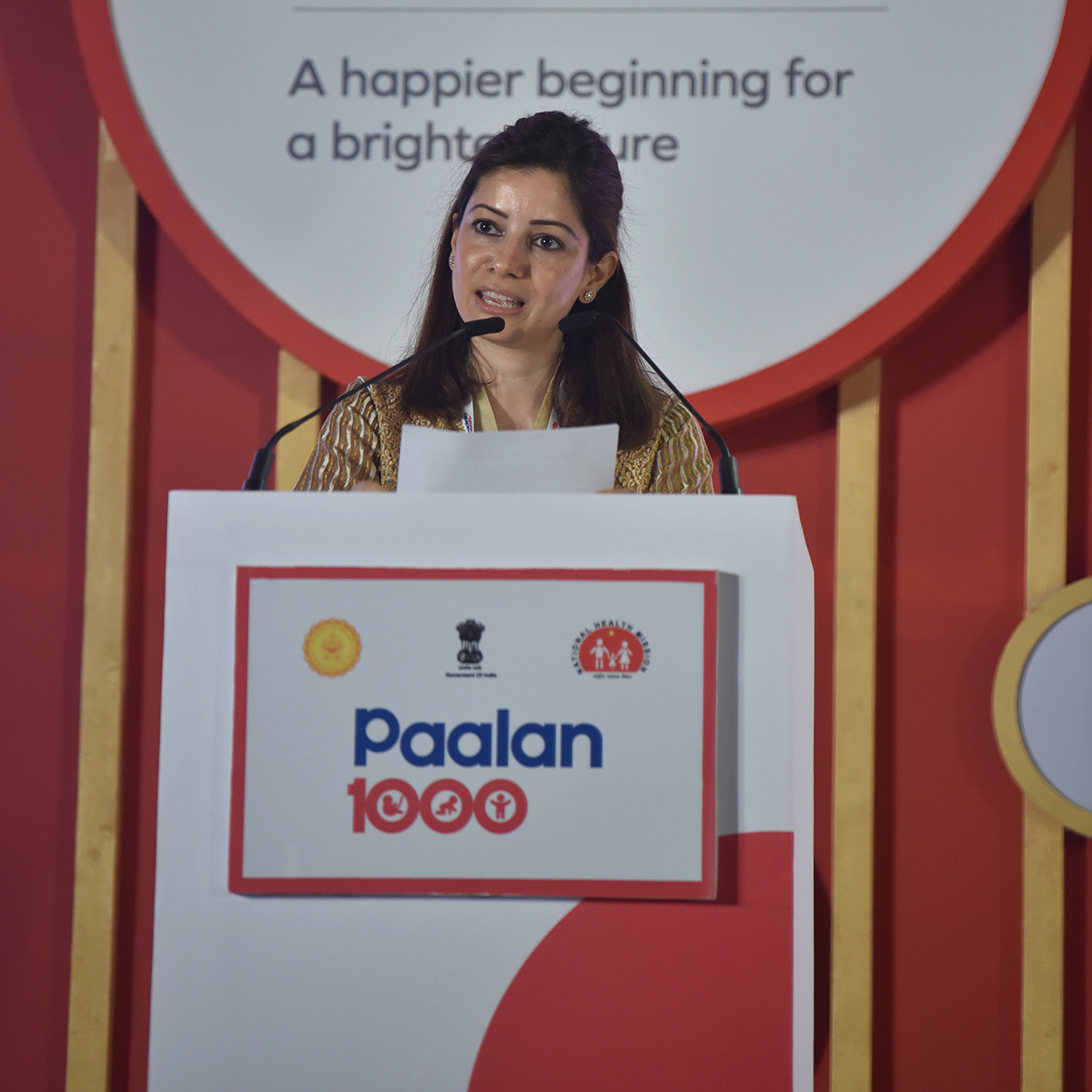When I started working at the Foundation a year ago, my first task was to assist in the preparation of the publication Early Childhood Matters. The topic chosen for the issue was responsive parenting. As I did some deeper research I came across a quote by attachment theorist, John Bowlby: “If a community values its children, it must cherish their parents.”
I was immediately struck by the comment. Knowing the science of early childhood development, I had always considered the parent as a critical factor; but with a heavy focus on the child, I sometimes regarded parenting as a static input alongside high-quality living conditions, proper nutrition or access to health services. Essentially, I removed the human component from parenting.
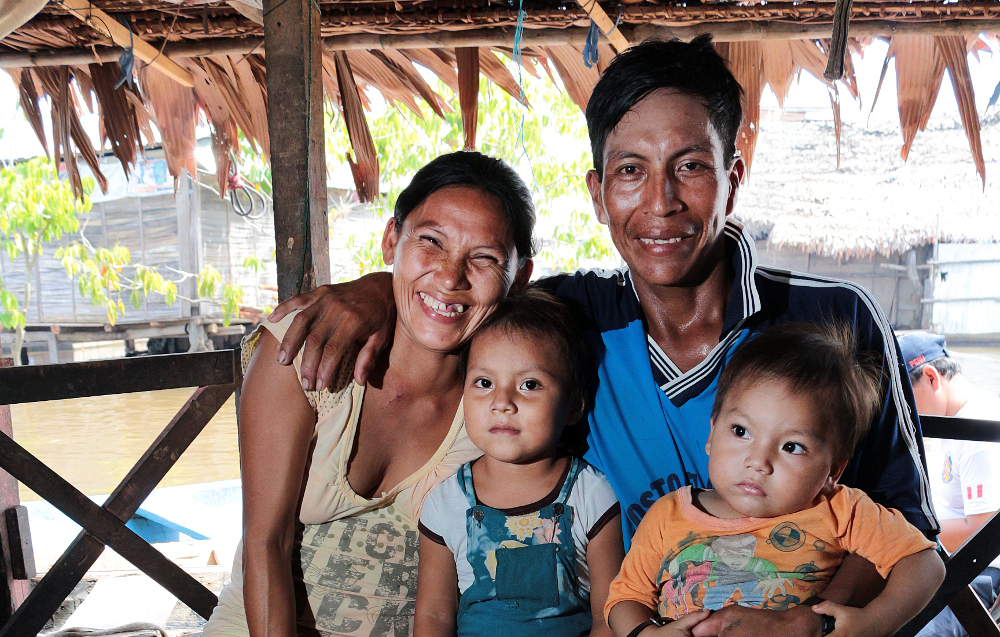
Bowlby’s words reminded me that the situation of the parent and the development of the child are inextricably linked. It is impossible to significantly impact the development of the child through parenting programmes without considering how to improve the family’s circumstances.
Can we honestly expect a family to implement good nutrition practices if they do not have enough money to put food on the table? How effective can a programme promoting play between mother and child be if the mother is severely depressed? Do we expect rates of child abuse and maltreatment to decrease if we do not tackle the issue of intimate partner violence within the home?
Whether it is called a two-generation approach, strengthening families through a protective factors framework, or providing family support in parenting programmes, the general idea is to address the major challenges facing the family to improve family well-being while also encouraging parenting practices that promote optimal early childhood development. Together the two components create synergy that provides the maximum benefits to the child.
Historically, the Foundation has focused on the needs of the family. More recently, a scan of programming revealed more than 27 programmes designed with family support and parenting components, operating in our eight core countries.
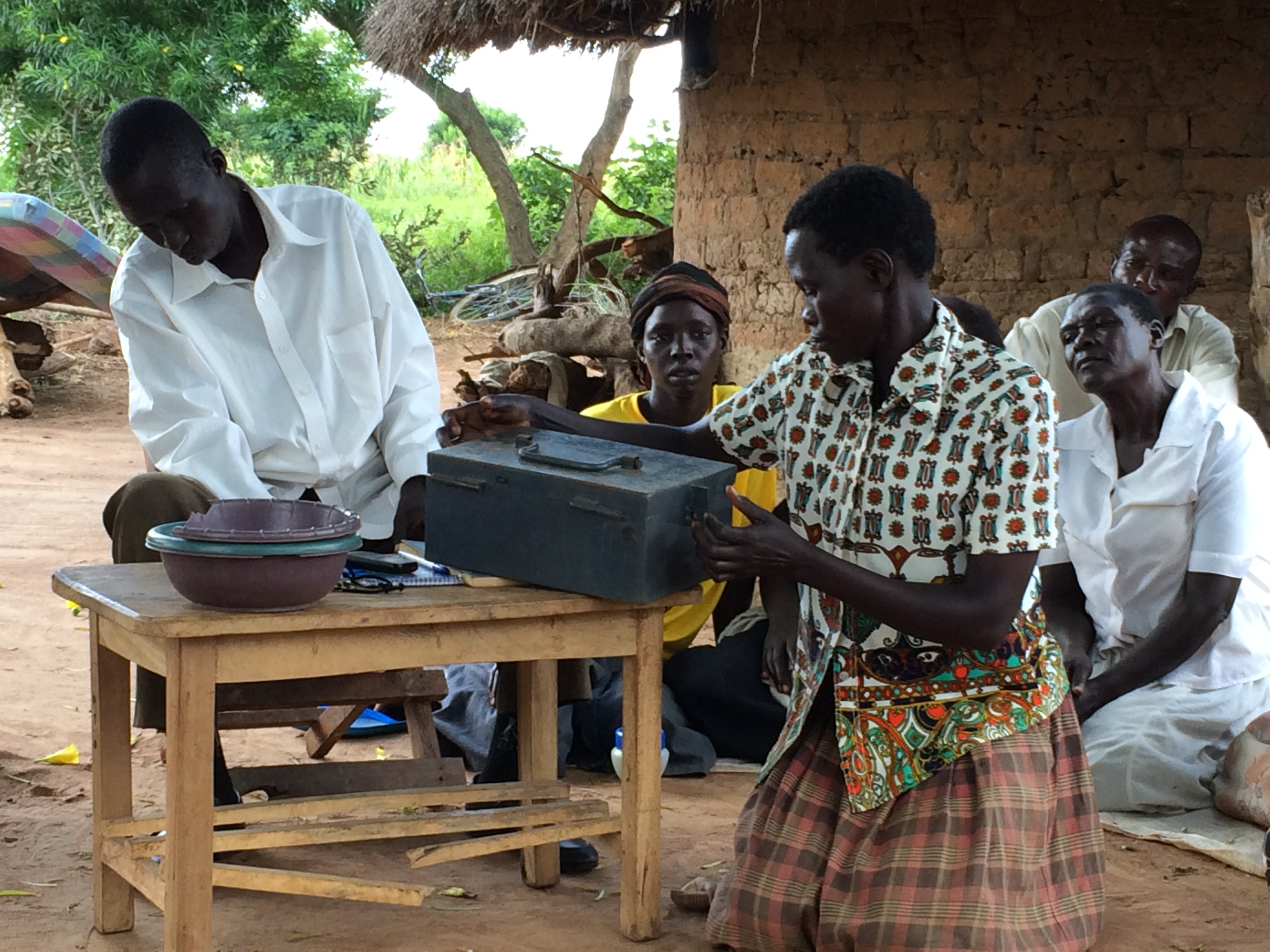
Examples of programming include village savings and loan schemes paired with fatherhood clubs in Uganda, which relieved some of the economic stress on the family and reduced violence within the home; parenting workshops in Israel, which improved the quality of reading activities between mother and child with impacts on the mothers’ reading practices; and home visits in Peru to emphasise the importance of play and home improvements, which reduced domestic conflict and maltreatment of children. The success of the programmes rests on a design that not only address participants as parents, but also considers their basic needs as people.
As we move forward with programming and policy in early childhood, parents need to be brought back into the equation in a big way. Conversations centred on risk factors that affect child development must also discuss the way in which the same risk factors impact the family and what can be done to address both. More emphasis needs to be placed on the person, rather than just the focus on the parent.
